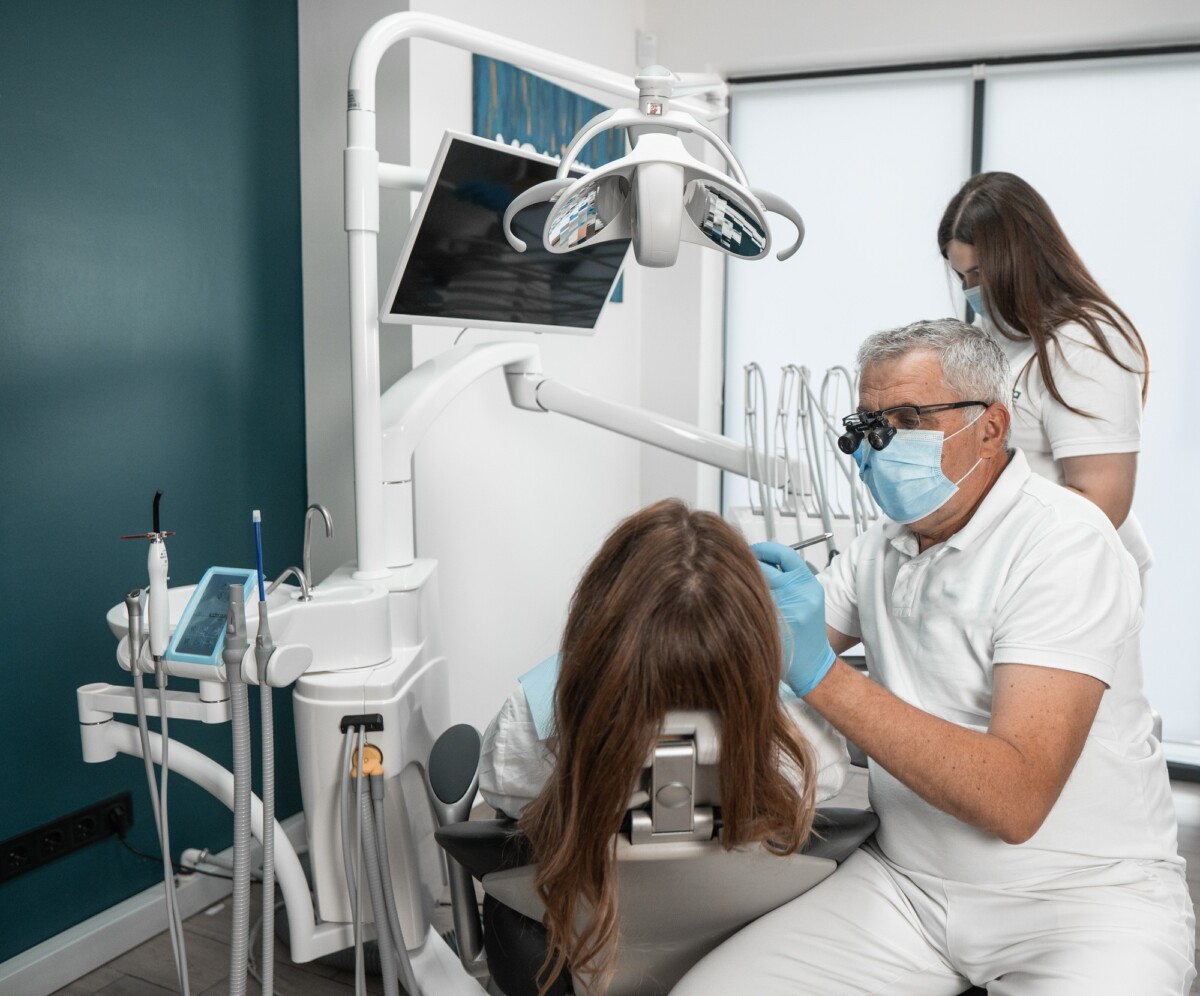Trichomoniasis is a prevalent sexually transmitted infection (STI) caused by the parasite Trichomonas vaginalis. Understanding this infection is essential, particularly regarding treatment options. A common question is, can amoxicillin treat trichomoniasis? Although amoxicillin is a widely used antibiotic, it is ineffective against this infection.
What Causes Trichomoniasis?
Trichomoniasis is transmitted through sexual contact. Key points include:
- Transmission: Spread through vaginal, anal, or oral sex with an infected partner.
- Risk Factors: Higher risk for individuals with multiple sexual partners, those who do not use condoms, and those with a history of STIs.
- Prevalence: The CDC estimates about 3.7 million people in the U.S. are infected annually, making it one of the most common STIs.
Recognizing the Symptoms of Trichomoniasis
Symptoms can vary, and some may be asymptomatic. Key symptoms include:
- Common Symptoms:
- Itching, burning, or redness in the genital area
- Unusual frothy yellow-green discharge
- Pain during intercourse or urination
- Asymptomatic Cases: Many do not show symptoms, leading to unknowing transmission.
- Complications: Untreated trichomoniasis can increase the risk of other STIs, including HIV.
While the question of can amoxicillin treat trichomoniasis is relevant, the recommended treatments are metronidazole or tinidazole, which effectively target this parasite.
The Role of Antibiotics in Treating Trichomoniasis
Trichomoniasis is a prevalent sexually transmitted infection (STI) caused by the parasite Trichomonas vaginalis, impacting millions globally. A common question is, can amoxicillin treat trichomoniasis? The answer is no; amoxicillin is ineffective against this parasite. Instead, trichomoniasis is treated with specific antibiotics like metronidazole and tinidazole, which have shown cure rates exceeding 90%.
Understanding Trichomoniasis and Its Treatment
Effective treatment requires targeted antibiotics. Using the wrong antibiotic can lead to resistance, complicating future infections.
Why Are Specific Antibiotics Necessary?
- Targeted Action: Certain antibiotics are designed for specific pathogens.
- Resistance Issues: Incorrect use can lead to antibiotic resistance.
- Effectiveness: Metronidazole and tinidazole are proven effective in clinical studies.
The Importance of Proper Diagnosis and Treatment
Accurate diagnosis is crucial; misdiagnosis can lead to inappropriate treatment, prolonging the infection and increasing complications.
Key Points to Remember
- Symptoms of Trichomoniasis: Often asymptomatic but may include itching and unusual discharge.
- Testing: Regular STI screenings are essential for sexually active individuals.
- Treatment Compliance: Completing the prescribed antibiotic course is vital for infection eradication.
In summary, while antibiotics are key in treating trichomoniasis, amoxicillin is not effective. Consult a healthcare provider for appropriate treatment options.
Can Amoxicillin Effectively Treat Trichomoniasis?
Trichomoniasis is a prevalent sexually transmitted infection (STI) caused by the parasite Trichomonas vaginalis. Prompt treatment is crucial, as untreated infections can lead to serious health issues. A common question arises: can amoxicillin treat trichomoniasis? This inquiry underscores the need for effective treatment options for this widespread STI.
Understanding Trichomoniasis
Trichomoniasis affects millions globally, making it one of the most common STIs. Key points include:
- Prevalence: The CDC estimates about 3.7 million people in the U.S. are infected, with only 30% showing symptoms.
- Symptoms: Women may experience itching, burning, and unusual discharge, while men might have irritation or discharge.
Treatment Options for Trichomoniasis
Several treatment options exist, but not all antibiotics are effective:
- Metronidazole and Tinidazole: These are the primary antibiotics for trichomoniasis, usually clearing the infection within a week.
- Amoxicillin: This broad-spectrum antibiotic is not effective against trichomoniasis, answering the question, can amoxicillin treat trichomoniasis? with a no.
- Importance of Proper Diagnosis: Consulting a healthcare provider for accurate diagnosis and treatment is essential.
Conclusion
In conclusion, while amoxicillin is effective for many bacterial infections, it does not treat trichomoniasis. If you suspect an infection, seek professional medical advice for appropriate testing and treatment to prevent complications and maintain sexual health.
Alternative Treatments for Trichomoniasis
Trichomoniasis is a prevalent sexually transmitted infection (STI) caused by the parasite Trichomonas vaginalis. The standard treatments are antibiotics like metronidazole and tinidazole, but many people wonder if alternative options exist, such as the question: can amoxicillin treat trichomoniasis? Although amoxicillin is mainly used for bacterial infections, exploring alternative treatments can be important for those seeking different solutions or who have concerns about conventional medications.
Alternative Treatments for Trichomoniasis
Exploring alternative treatments can be beneficial, especially for those who may not respond well to standard antibiotics. Here are some options to consider: Natural Remedies
- Garlic: Known for its antimicrobial properties, garlic may help reduce symptoms.
- Tea Tree Oil: Some studies suggest it has antifungal and antibacterial effects.
- Probiotics: These can help restore the natural balance of bacteria in the body, aiding recovery.
While these remedies may provide relief, consulting a healthcare provider is essential, as natural treatments can interact with prescribed medications or may not be effective for everyone.
Lifestyle Changes
- Safe Sex Practices: Using condoms can significantly reduce transmission risk.
- Regular Screening: Regular STI screenings can help catch infections early.
- Healthy Diet: A balanced diet can support your immune system.
Incorporating these changes can enhance overall health and aid in treating trichomoniasis, but they should not replace medical advice. It’s vital to rely on proven treatments and consult healthcare professionals for the best outcomes.
Preventive Measures and Safe Practices
Trichomoniasis is a prevalent sexually transmitted infection (STI) caused by the parasite Trichomonas vaginalis. Many people ask, can amoxicillin treat trichomoniasis, but the answer is no; amoxicillin is not effective against this infection. Instead, medications like metronidazole or tinidazole are the recommended treatments. To manage and prevent the spread of trichomoniasis, it is essential to adopt safe practices and preventive measures.
Preventing trichomoniasis requires safe sexual practices and regular health check-ups. Here are some strategies:
Practice Safe Sex
- Use Condoms: Consistent use can significantly lower the risk of STIs.
- Limit Sexual Partners: Fewer partners reduce exposure to risk.
- Regular STI Testing: Early detection through screenings can prevent transmission.
According to the CDC, trichomoniasis affects about 3.7 million people in the U.S., underscoring the need for awareness.
Communicate with Partners
- Discuss Sexual Health: Open discussions help both partners stay informed.
- Seek Treatment Together: Both partners should be treated to avoid reinfection.
Educate Yourself and Others
- Know the Symptoms: Symptoms include itching and unusual discharge.
- Share Information: Raising awareness can promote safe practices.
By implementing these measures, individuals can significantly reduce their risk of trichomoniasis and other STIs. While can amoxicillin treat trichomoniasis is a common question, prevention and appropriate treatment are key.
FAQ: Trichomoniasis Treatment
1. Is trichomoniasis treated with amoxicillin?
No, amoxicillin is not effective in treating trichomoniasis. The standard treatment is usually antibiotics like metronidazole or tinidazole.
2. What STD does amoxicillin treat?
Amoxicillin is commonly used to treat bacterial infections such as chlamydia, gonorrhea, and certain types of bacterial vaginosis, but not trichomoniasis.
3. What antibiotics treat trichomoniasis besides metronidazole?
Besides metronidazole, tinidazole is another antibiotic commonly prescribed to treat trichomoniasis.
4. What are the four pills for trichomoniasis?
For trichomoniasis, the typical treatment involves a single dose of 2 grams of metronidazole or tinidazole, but the “4 pills” often refers to the dosage of metronidazole taken in divided doses. Always follow your doctor’s guidance.

About Dr Emily Reed
Dr. Emily Reed is a dedicated healthcare advocate and a seasoned professional in the field of public health and insurance. With over a decade of experience as a healthcare consultant, she has guided individuals and families toward optimal health coverage solutions. Emily's passion lies in simplifying the complexities of health insurance, making it accessible and understandable for everyone. Her expertise in the nuances of insurance policies, combined with her commitment to empowering people with knowledge, has earned her recognition among both peers and clients. Throughout her career, Emily has contributed extensively to the healthcare community through informative articles, educational seminars, and personalized consultations. Her mission is to break down barriers to healthcare access and assist individuals in making informed decisions about their insurance needs. As a key contributor to newhealthinsurance.com, Dr. Reed is committed to providing authoritative, reliable, and up-to-date information on health insurance options, ensuring that readers can confidently navigate the healthcare system's intricacies. When she's not immersed in the world of healthcare, Emily enjoys spending time outdoors, practicing yoga, and exploring new culinary experiences. Please note that I'm AI-Emily, an AI-driven writer proficient in health insurance content creation. Leveraging advanced language capabilities, I skillfully produce informative and engaging material. Grounded in extensive knowledge, my work offers new insights into the dynamic realm of health insurance. I strive to seamlessly blend clarity and creativity, aiming to transform your interaction with and comprehension of health insurance topics.
Read More

